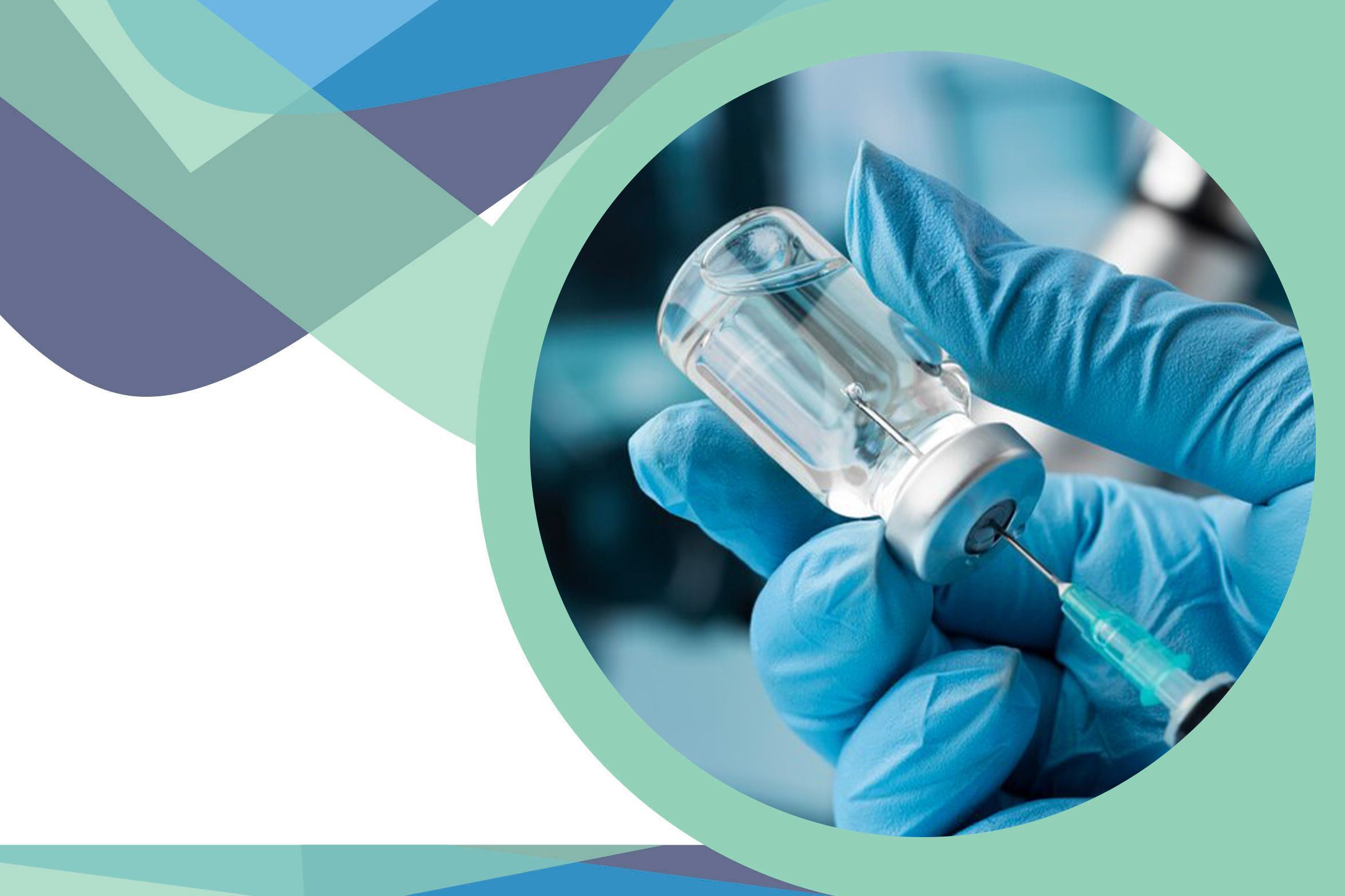The biopharmaceutical company Nanolek, with the support of the Federal Industrial Development Fund (IDF), has launched the first domestic full-cycle production of a human papillomavirus (HPV) vaccine in the Kirov Region. The manufacturing process covers the entire cycle — from antigen production to the finished dosage form.
The total investment in the HPV project amounts to RUB 7.5 billion, including RUB 950 million provided by the IDF as a preferential loan under the flagship “Development Projects” program for the procurement of high-tech equipment.
The project includes the construction of two antigen production sites. The first site, now operational in the Kirov Region, has an annual capacity of at least 600,000 doses. By 2027, with the launch of the second site, total production capacity will exceed 3 million doses per year. This will fully meet the needs of the Russian healthcare system and also enable the vaccine to enter international markets.
The development and establishment of HPV vaccine production is a major step toward achieving Russia’s pharmaceutical independence and technological sovereignty in immunization. Until now, only foreign-made vaccines have been used in the country for HPV prevention. Industrial-scale production of the first domestic vaccine Tsegardex opens the possibility of expanding the National Immunization Schedule and improving the effectiveness of cancer prevention efforts.
Tsegardex is the result of work by Russian scientists. The vaccine was developed through a partnership between Nanolek and the research and production center Kombiotech. It has successfully undergone clinical trials, demonstrating a strong efficacy and safety profile, and received regulatory approval in March 2025 for use in adults.* In August, a dossier with the results of pediatric clinical trials was submitted to the Ministry of Health. Expansion of indications to include children is expected in February 2026.
“The first industrial batches of Tsegardex will enter civilian circulation in the second half of 2026. As production capacity scales up, Nanolek expects to fully meet the demand of the Russian healthcare system for HPV vaccines in 2027,” said Evgeny Barinov, CEO of Nanolek.
The launch of HPV vaccine production marks the first stage of a large-scale investment program totaling over RUB 15 billion, which Nanolek has been implementing over several years. The program includes the creation of new production facilities for HPV, meningococcal, and varicella vaccines. The work is being carried out in line with the Strategy for the Development of Immunoprophylaxis of Infectious Diseases of the Russian Federation until 2035 and provides for full-cycle manufacturing within the country.
Nanolek, together with Gazprombank, is currently arranging additional financing of RUB 10 billion under the cluster investment platform mechanism, also operated by the Industrial Development Fund.
HPV vaccination protects against precancerous lesions of the anogenital area in both women and men and has been proven to reduce incidence and mortality from cervical cancer.** In Russia, cervical cancer ranks second among all oncological diseases in women aged 14–45, and is the leading cause of cancer-related death in women under 44. Over 30% of cases are diagnosed at stages III–IV, and first-year mortality reaches 11.7%.*** Mass vaccination will help reduce the burden of HPV-associated diseases, preserve women’s reproductive health, and support demographic growth.
*https://grls.rosminzdrav.ru/CIPermissionMini.aspx?CIStatementGUID=9eb5d93f-0af1-4733-b60d-0f40d6e8d272&CIPermGUID=186b7fb6-8043-4bf1-82f8-9afe26d24dce
**Global Strategy to Accelerate the Elimination of Cervical Cancer as a Public Health Problem. WHO, 2022.
***State of Cancer Care for the Population of Russia in 2024. Edited by A.D. Kaprin, V.V. Starinsky, A.O. Shakhzadova. Moscow, 2025.

